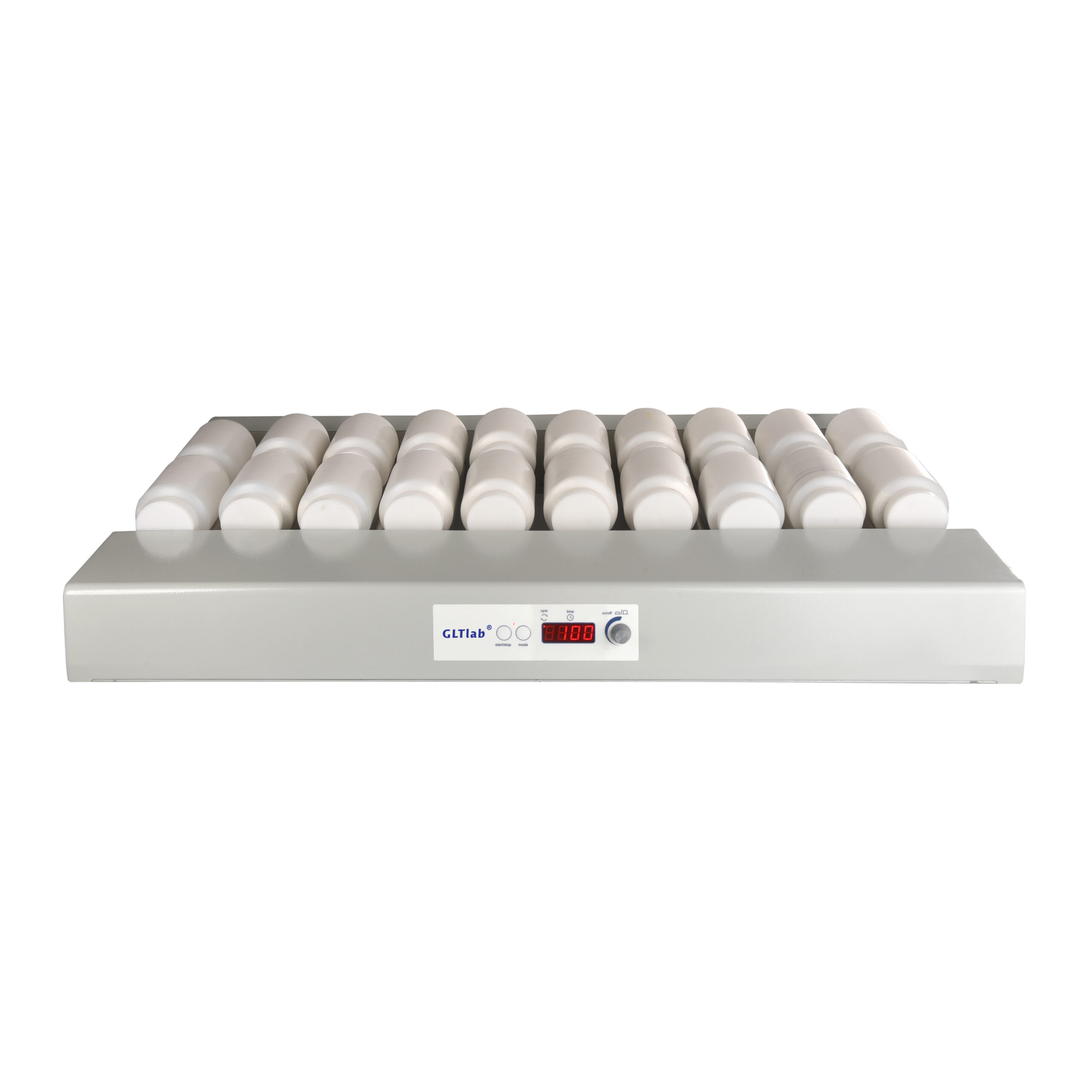A roller mixer is a versatile laboratory instrument used for mixing and blending liquids or samples in various containers. It consists of a motorized base with rollers that rotate at a fixed speed, providing gentle and consistent mixing action.
The roller mixer is commonly used in research laboratories, clinical diagnostics, and other scientific applications. It is especially useful for mixing blood samples, cell cultures, reagents, and other biological or chemical solutions. The gentle rolling motion of the rollers ensures that the samples are thoroughly mixed without causing any damage or introducing air bubbles.
One of the key advantages of a roller mixer is its ability to accommodate different types and sizes of containers. It typically comes with adjustable rollers or attachments that can hold tubes, bottles, flasks, or microplates securely in place. This flexibility allows researchers to mix multiple samples simultaneously, saving time and effort.
The speed and duration of mixing can be easily controlled using the intuitive interface on the roller mixer. Some models also offer additional features such as programmable mixing profiles or variable speed settings to meet specific experimental requirements.
In addition to its mixing capabilities, a roller mixer may also have optional accessories for incubation or temperature control. This makes it a valuable tool for applications that require both mixing and maintaining a specific temperature, such as enzyme reactions or bacterial cultures.
Overall, a roller mixer is an essential piece of equipment in any laboratory that requires efficient and reliable mixing of liquids or samples. Its versatility, ease of use, and gentle mixing action make it a preferred choice for many researchers and scientists.


